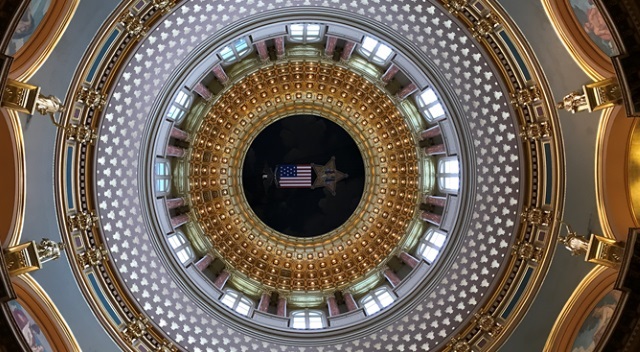
2016 Research in the Capitol
Presentation Type
Open Access Poster Presentation
Keywords
College students--Alcohol use; College students--Attitudes;
Abstract
This study examines the sociological questions of how sobriety impacts friendships or relationships between college student drinkers and nondrinkers, and how drinking and sobriety influence perceptions of gender and sexuality in the eyes of college student drinkers. Researchers in the past have tended to focus on the population of students in college who drink, and significantly fewer studies have discussed issues involving students who do not consume alcohol. Ten college student drinkers, consisting of five men and five women, were interviewed in this study. Participants tended to have very few to no nondrinking friendships, primarily associating this separation with conflicting ideas of “fun.” Drinkers also tended to judge the gender or sexuality of other drinkers significantly more than of nondrinkers.
Start Date
29-3-2016 11:30 AM
End Date
29-3-2016 1:30 PM
Event Host
University Honors Programs, Iowa Regent Universities
Faculty Advisor
Marybeth Stalp
Department
Department of Sociology, Anthropology, and Criminology
Copyright
©2016 Seth Behrends
File Format
application/pdf
Recommended Citation
Behrends, Seth, "Friends in High Places: Drinkers’ Perceptions of Gender, Sobriety, and Relationships with Nondrinkers" (2016). Research in the Capitol. 3.
https://scholarworks.uni.edu/rcapitol/2016/all/3
Friends in High Places: Drinkers’ Perceptions of Gender, Sobriety, and Relationships with Nondrinkers
This study examines the sociological questions of how sobriety impacts friendships or relationships between college student drinkers and nondrinkers, and how drinking and sobriety influence perceptions of gender and sexuality in the eyes of college student drinkers. Researchers in the past have tended to focus on the population of students in college who drink, and significantly fewer studies have discussed issues involving students who do not consume alcohol. Ten college student drinkers, consisting of five men and five women, were interviewed in this study. Participants tended to have very few to no nondrinking friendships, primarily associating this separation with conflicting ideas of “fun.” Drinkers also tended to judge the gender or sexuality of other drinkers significantly more than of nondrinkers.



Comments
Location: Iowa State House, Rotunda, Des Moines, Iowa